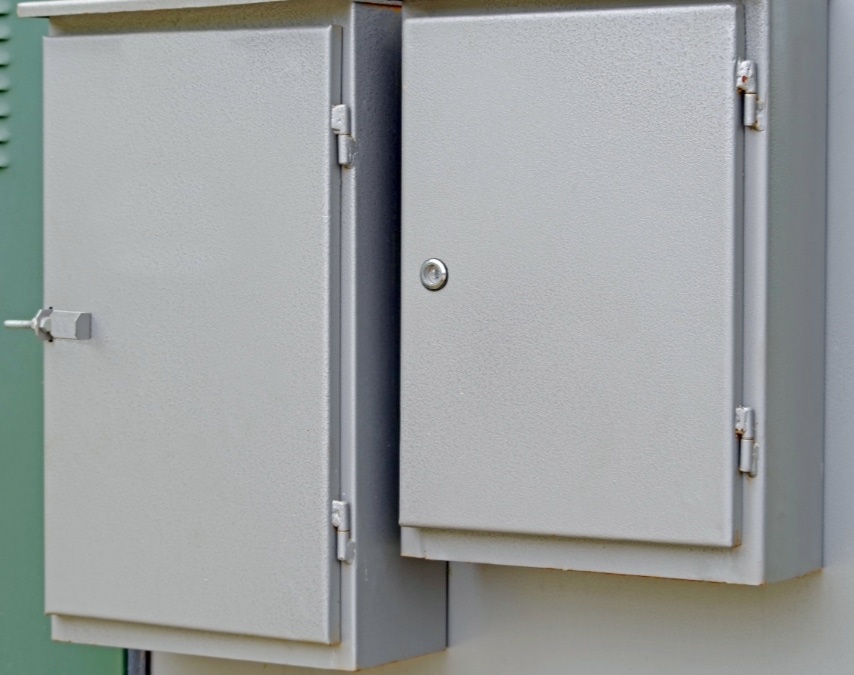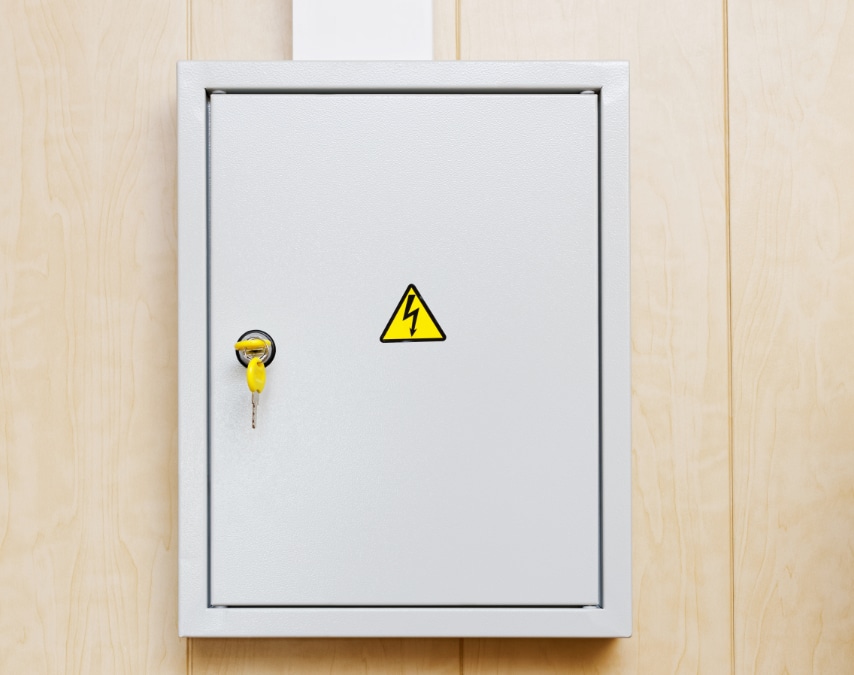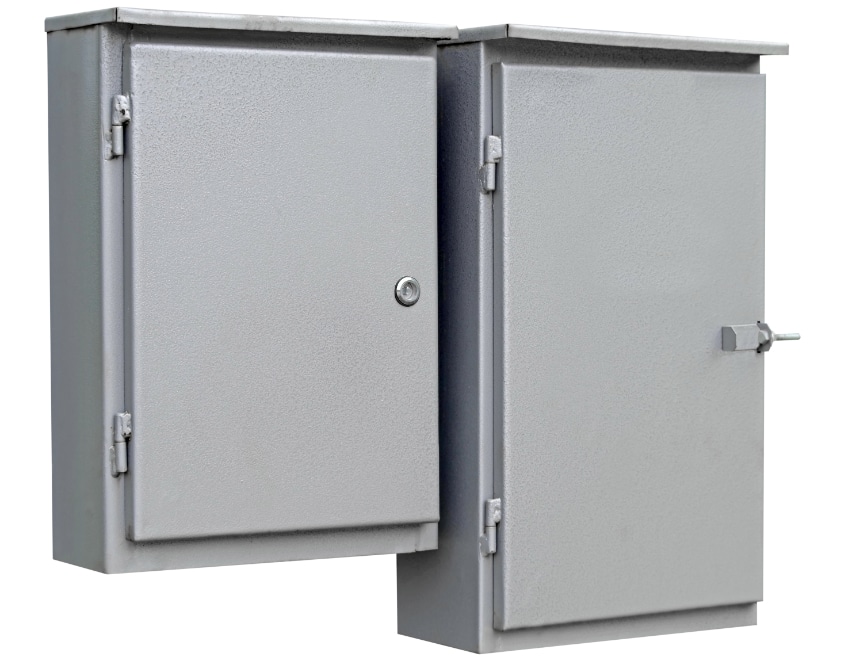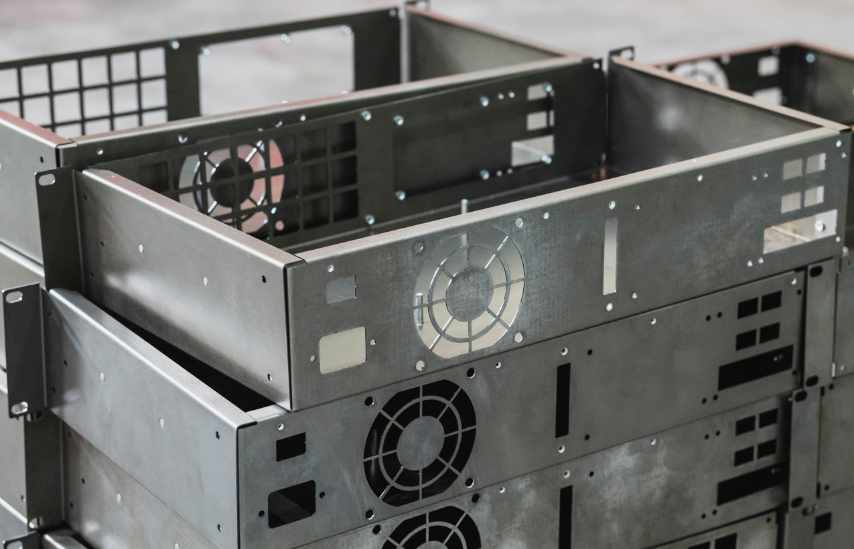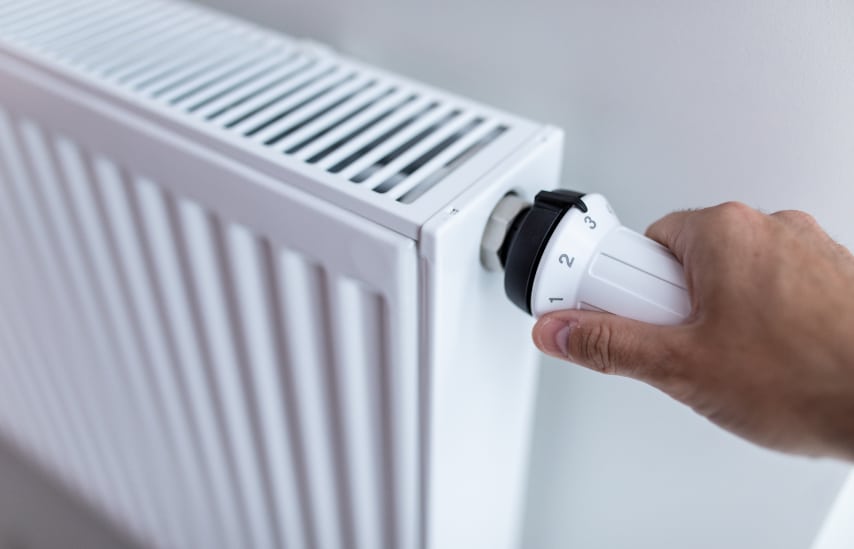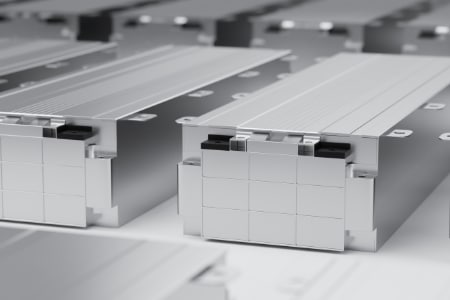Within electronics, metal enclosures play an indispensable role in protecting equipment from external influences. These sturdy containers protect sensitive components from dust, water, impact, and other environmental hazards; their significance being seen across many applications ranging from industrial machinery to outdoor lighting fixtures, telecom infrastructure, and home appliances. Their IP (Ingress Protection) Rating provides a quantitative measure for how effectively their standards are met - this article explains these standards as well as their significance within various industries.
IP Ratings for Metal Enclosures
Let's dive deep into IP ratings and how they apply to metal enclosures. By understanding these ratings, we will equip ourselves to choose an enclosure suitable for our needs.
IP65 Metal Enclosures
Wrekin Sheetmetal manufacture its customers IP65 metal enclosures so they offer superior protection from dust, dirt and moisture ingress. IP65 ratings signify complete dust ingress protection; in other words they are suitable for environments with lots of dust. In addition, their low pressure water jet resistance also makes them suitable for rain or cleaning processes in all directions - ideal applications include agriculture, food & beverage production as well as marine applications.
IP67 Metal Enclosures
When faced with harsh environments, IP67 rated metal enclosures are an excellent solution. These enclosures are 100% dust-tight (represented by the first "6") and capable of submersion into up to 1 metre of water for 30 minutes (represented by "7"). IP67 ratings are frequently chosen when enclosures must withstand highly humid environments, heavy rainfall or occasional flooding - such as those found in oil and gas industries, transportation services or wastewater treatment applications.
IP66 Metal Enclosures
IP66-rated metal enclosures offer even higher water jet protection than IP65 enclosures do, meaning even greater protection is available from powerful water jets. As with the IP65 rating, "6" represents complete dust protection while "66" indicates powerful water jets from all directions can pass through, making IP66 enclosures the ideal choice for harsh outdoor environments or indoor areas that require heavy cleaning such as mining, construction and chemical processing industries.
Factors to Consider When Selecting a Metal Enclosure
When selecting a metal enclosure, it's essential that several key factors be taken into account to ensure it fits both its environment and purpose perfectly. As previously discussed, one must first consider an enclosure's IP rating; this indicates its level of protection from dust and water ingress. Furthermore, its material composition must also be taken into account.
Different materials, like steel or aluminium, offer different levels of durability, corrosion resistance and thermal conductivity which may be critical depending on the environment and equipment housed within an enclosure.
Design considerations also play an essential role. An appealing design is key for providing users with an engaging user experience and supporting your company's branding efforts. Consider your requirements for ventilation, cable management and any potential needs for customisation when choosing an enclosure for equipment that will reside inside it and its specific conditions in its intended environment.
These factors will largely depend on what equipment will reside inside and the needs of its intended environment.
Required Standards of Durability and Protection
Enclosures used to house electrical equipment require high standards of durability and protection to ensure safety, performance, and longevity. Waterproof enclosures may also be necessary in environments with high humidity or precipitation to prevent accidents caused by ingress of moisture into the system.
Waterproofing can typically be achieved by following IP ratings standards; an IP67 rating indicates that an enclosure can prevent dust ingress (denoted by the first '6'), and can withstand submersion up to one metre deep for 30 minutes (denoted by the last '7'). Therefore, it is crucial that an enclosure be chosen that has an IP rating matching the environmental conditions in which it will operate.
Not only must waterproofing capabilities be provided, but durable units must also withstand physical damage without fail. Durability can often be achieved using robust materials like steel and aluminium that offer both strength and corrosion resistance.
Thermal protection should also be an integral consideration, especially for enclosures housing heat-generating equipment. They should be designed so they dissipate heat efficiently to avoid overheating while maximising the performance of their contained items. Common IP ratings used to provide thermal protection include NEMA (National Electrical Manufacturers Association) ratings, which are popularly utilised across North America.
In summary, IP ratings for metal enclosures cannot be understated. They provide a standardised level of protection from elements, like dust and water in extreme environments, while keeping equipment functionally safe even under harsh circumstances. By taking into account an enclosure's IP rating when making your selection, you can ensure it suits the environmental demands of its application, guaranteeing both its own durability as well as that of any equipment it houses.
Here at Wrekin Sheetmetal, we manufacture steel enclosures from our factory in Telford. We work with our clients to understand their metal enclosure requirements and tailor our manufacturing process to meet this.
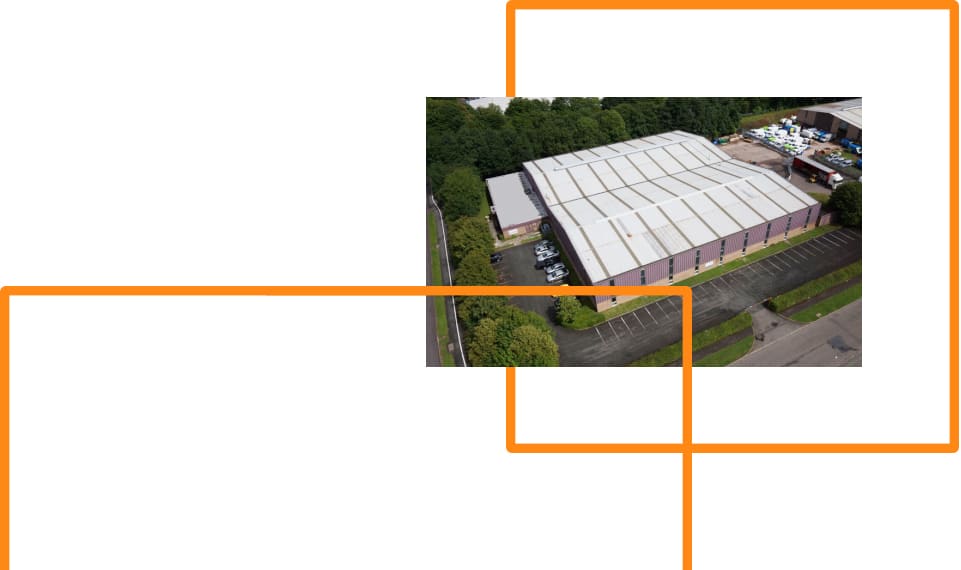
How can we help?
With over 17+ years of knowledge and experience, we’re confident we can offer a flexible solution beneficial to both parties, get in touch with us today.
